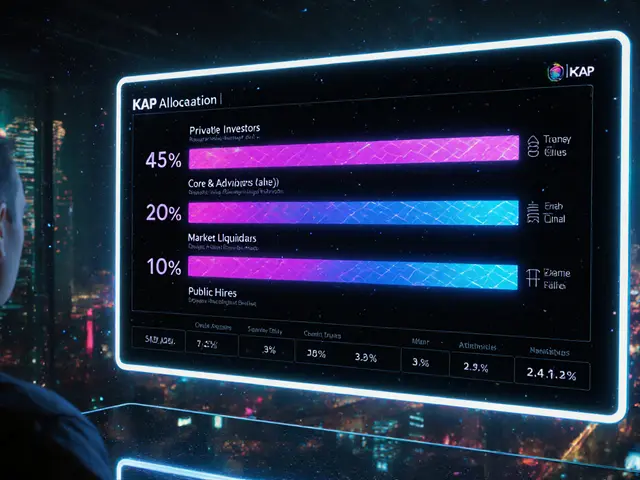VASP Registration UK: What You Need to Know About Crypto Compliance
When you hear VASP, a Virtual Asset Service Provider, which is any business that handles crypto assets like exchanges, wallets, or custodians. Also known as crypto service provider, it’s now legally required to register with the UK’s Financial Conduct Authority if it operates here. This isn’t optional—it’s the law. Since January 2020, the UK has forced all crypto businesses to register under anti-money laundering rules. If you run a crypto exchange, offer custody, or even facilitate token swaps, you need VASP registration in the UK—or you risk being shut down.
The FCA, the UK’s financial watchdog that enforces crypto rules and licenses VASPs doesn’t just want paperwork. They demand real proof: clear ownership, solid AML procedures, staff training, and proof you can handle customer funds safely. Think of it like opening a bank branch, but for Bitcoin and Ethereum. Over 100 companies have been rejected so far. Many failed because they tried to cut corners—like hiding who owns the business or skipping customer identity checks. The FCA doesn’t tolerate that. And if you’re a trader using a UK-based exchange, this affects you too. If the exchange isn’t registered, your funds aren’t protected. No insurance. No recourse. Just risk.
AML crypto, anti-money laundering rules that require crypto firms to track where money comes from and who’s using it is at the heart of VASP registration. It’s not about stopping innovation—it’s about stopping criminals. The UK has cracked down on darknet markets, ransomware payments, and sanctions evasion. That’s why you’ll see posts here about blockchain forensics, crypto sanctions, and exchange licensing. Those topics aren’t random. They’re all connected. If a crypto exchange in Turkey needs millions in capital to get licensed, or Germany demands strict asset segregation, it’s the same game: regulators are raising the bar globally. The UK is one of the strictest.
So what does this mean for you? If you’re running a crypto business in the UK, get registered. Don’t wait. The FCA doesn’t send warnings. If you’re a user, check if your exchange is on the official FCA register. If it’s not, move your funds. And if you’re just learning, understand this: crypto isn’t lawless anymore. The days of anonymous trading through unregulated platforms are over. The posts below cover real cases—like how Germany’s BaFin enforces custody rules, how Turkey’s licensing rules forced exchanges to shut down, and how blockchain forensics helps authorities track dirty money. These aren’t theory pieces. They’re real-world examples of what happens when VASP registration matters. You’ll see what works, what fails, and why skipping compliance isn’t worth the risk.




